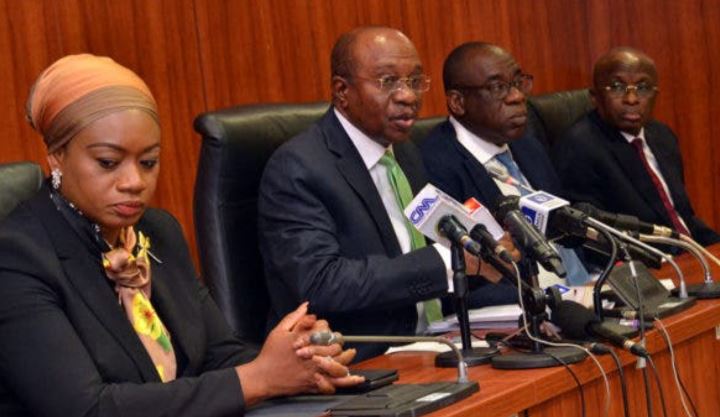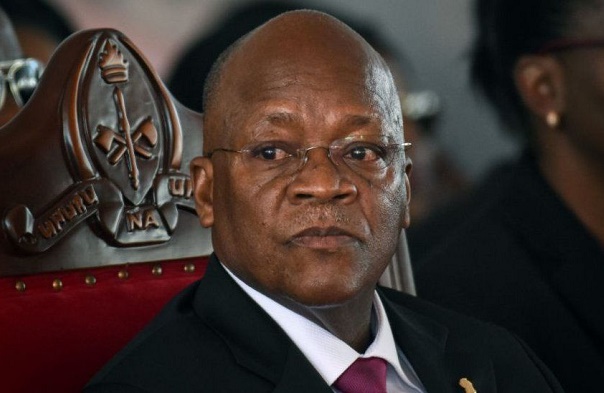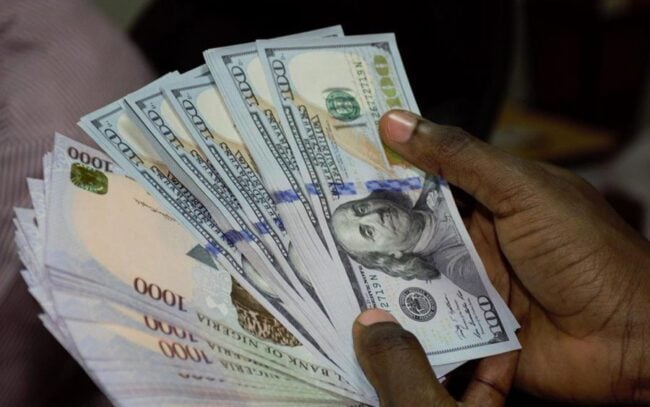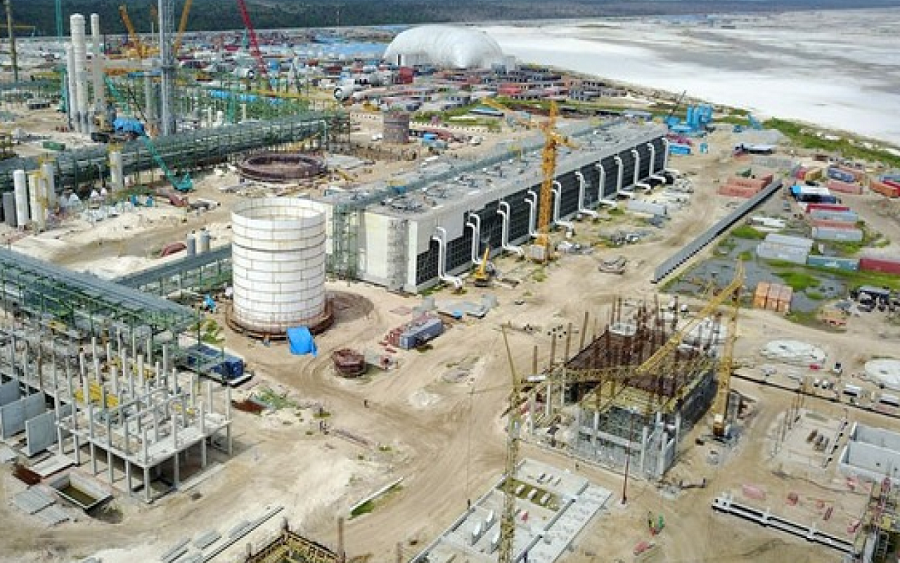International Trade Lawyer and Trade Policy Expert Dr. Ese Owie argued that the Central Bank of Nigeria (CBN) cannot lead Nigeria’s trade negotiations, especially as it relates to the country’s use of Trade Remedies. Speaking exclusively to The Cable, Dr. Owie, who serves as President of the Cavendish Institute, a Global South focused Policy Think Tank, stated that trade remedies are trade policy tools used by governments to take remedial action against imports, which cause injury to domestic industries.
Dismissing calls by ex-NBA President Olisa Agbakoba for new legislation to establish the office of a National Trade Negotiator and legal framework for trade remedies, Dr. Owie further stated that the country already has the Nigerian Office for Trade Negotiations (NOTN) led by a Chief Trade Negotiator and it is the duty of the NOTN to negotiate Nigeria’s position at the Regional, Continental, and Multilateral levels. In his view, the NOTN’s institutional capacity, especially that of its Trade Remedies Unit, must be strengthened to provide leadership in trade policy negotiations, investigate injurious trade practices and implement trade remedies that would be institutionalized through appropriate legislation and regulations.
He explained in detail the multilateral governance architecture for trade remedies and the interplay of factors that would shape their use in Nigeria within the context of the African Continental Free Trade Area Agreement (AfCFTA).
According to him, trade remedies do not feature prominently in intra-African trade because most African Governments do not have the required domestic arrangements to undertake trade remedy investigations. For the most part, he said, national governments claim that these investigations are cumbersome, not a priority, or that they lack the technical capacity and resources. The consequence is that domestic industries are not protected in a rules-based manner. However, in Regional Economic Communities (RECs), Member States often take unilateral action in violation of their obligations. Recent practices, for example, in Zimbabwe (imposing surcharges on imported goods in violation of COMESA and SADC trade rules serve as an example of how regional trade arrangements are then undermined. This becomes worse when combined with the absence of effective inter-State dispute settlement mechanisms.
Advertisement
Elaborating further, he explained that under the AfCFTA, State Parties have agreed to allow anti-dumping, countervailing, and safeguard measures, as provided for in Annex 9 to the AfCFTA Protocol on Trade in Goods and the CFTA Guidelines on the Implementation of Trade Remedies in accordance with the relevant WTO Agreements. Preferential Safeguards may also be imposed on goods traded under the AfCFTA Agreement, and the Parties shall cooperate with each other in trade remedy investigations.
In a similar vein, within the AfCFTA, Anti-Dumping measures provide protection against dumped imports and in the event that dumping causes or threatens to cause material injury to a domestic industry, anti-dumping duties may be imposed, and a domestic Investigating Authority must undertake a proper investigation prior to the adoption of anti-dumping measures. This procedure must be transparent and fair, and affected firms must be allowed to request local courts to review anti-dumping measures.
Explaining the interplay of factors that shape the outlook of trade remedies within the African Single Market, Dr Owie stated that a Member State may remedy the trade effects of a subsidy through dispute-settlement procedures and seek the withdrawal of the subsidy or the removal of its adverse effects. Alternatively, it may unilaterally launch its own investigation and impose an extra duty (“countervailing duty”) on subsidized imports to offset the injury to domestic producers, or affected industries may lodge an application for the initiation of a countervailing investigation. Safeguard action may be taken where a surge of imports causes or threatens to cause serious injury to domestic industries.
Advertisement
In his view, the AfCFTA regime on trade remedies will co-exist with those of the RECs and the agreements establishing the RECs also contain provisions on trade remedies. However, exactly how the different trade legal regimes will co-exist depends on the application of the relevant trade remedy rules for specific goods traded between the Parties. Overlapping and uncoordinated trade remedies could, if actively applied, become trade barriers. The fact that this has not yet happened, he argued, is a consequence of the near non-existent application of trade remedies in Africa; and not the smooth coordination of different regimes.
In appraising the prospects and limitations of tarde remedies on the continent, he contended that the biggest problem regarding the protection of domestic industries against unfair trade practices and import surges is the non-availability of domestic Investigating Authorities. In his view, if countries such as Nigeria are keen on using trade remedies, they will have to develop national legislative and institutional frameworks for its use. Only a few AfCFTA Members already have the necessary domestic machinery in place – Egypt and South Africa – being the Continent’s most active trade remedies users. The AfCFTA Agreement must thus be complemented by properly aligned domestic arrangements to implement trade remedies, and there should be legal certainty at all levels. In Nigeria, for instance, the Nigerianl Office for Trade Negotiations (NOTN) can, of course, undertake national trade remedies regional investigations in line with appropriate legislation. Cutting-edge legislation and regulations would also need to be developed and the capacity of national courts strengthened to undertake judicial reviews. Affected private parties will thus be able to apply for the national courts to set aside trade remedy measures imposed in an unlawful manner.
At the level of the African Single Market, there could also be cross-border disputes about trade remedies, with most of the disputes decided under the dispute settlement system of the WTO. The frequency of these international disputes is a consequence of the fact that trade remedy measures are not discretionary or arbitrary in nature. They are, for the most part, exceptional measures and they are conditional upon transparent investigations in accordance with applicable rules.
All things considered, the Nigerian Office for Trade Negotiations being the standing trade negotiating team for the country, is the appropriate designated national authority with competence for trade issues and should lead the Nation’s trade policy formulation strategy.
Advertisement
Owie, an International Trade Lawyer and Trade Policy Expert, is President of the Cavendish Institute. He tweets @dreseowie
Views expressed by contributors are strictly personal and not of TheCable.







